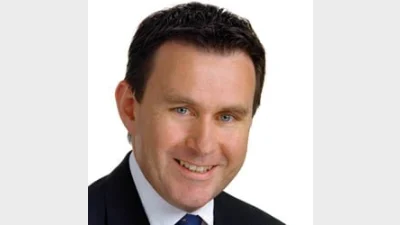Challenger embraces FSI post-retirement recommendations



The retirement phase of superannuation would benefit greatly from appropriate structure in the form of pre-selected retirement products which deliver stable income and longevity protection.
That is the assessment of Challenger chief executive, Brian Benari who welcomed the release of the FSI final report on Sunday saying it represented a clarion call for real change including addressing retirees' justifiable fear of outliving their savings.
"As observed by the FSI, the account-based pensions (ABPs) which currently account for 94 per cent of the retirement income stream market don't protect retirees against outliving their savings, and should be paired with longevity risk productsm" he said.
Benari said Challenger strongly endorsed the FSI's idea for trustees to pre-select products as a practical remedy to the systemic and acute over-reliance on ABPs as a singular retirement solution, and agreed with the FSI's view that their "dominance" could be explained "in part, [by] behavioural biases.
He noted that the FSI suggested that super funds partner with life insurers to provide longevity protection, citing guaranteed annuities as a cornerstone risk management product.
"As shown by our recent announcement with VicSuper, such partnerships are already on super funds' radar, and are likely to increase in number in light of the FSI's recommendations," Benari said.
Recommended for you
The super fund has launched Retirement Manager, a digital advice tool helping members plan income, spending, and retirement confidence with integrated support.
APRA has warned retail super trustees that financial adviser involvement in recommending platform products does not diminish their obligations, as regulators turned the spotlight on the Shield Master Fund and First Guardian Master Fund during a meeting with fund CEOs.
AMP’s chief economist has unveiled a wish list for the Australian government’s Economic Reform Roundtable.
Australian retirees could increase their projected annual incomes between 3 and 51 per cent by incorporating personal and household data into their retirement income strategies, according to new research.









